Support Sudanese Farmers مبادرة شراءالقمح من المزارعين
Posted 2 years ago
- 1407
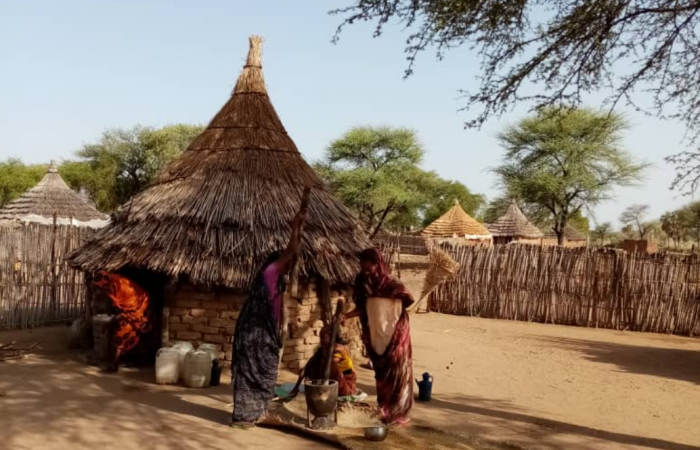
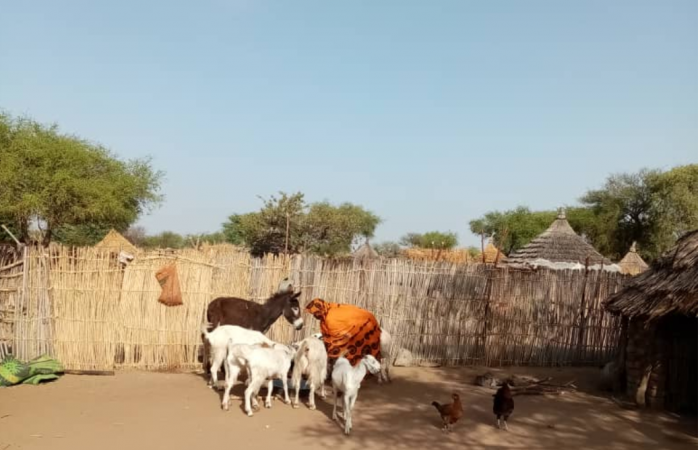
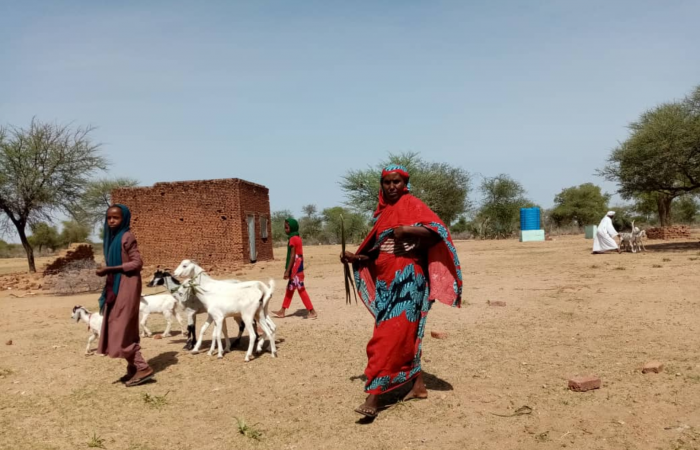
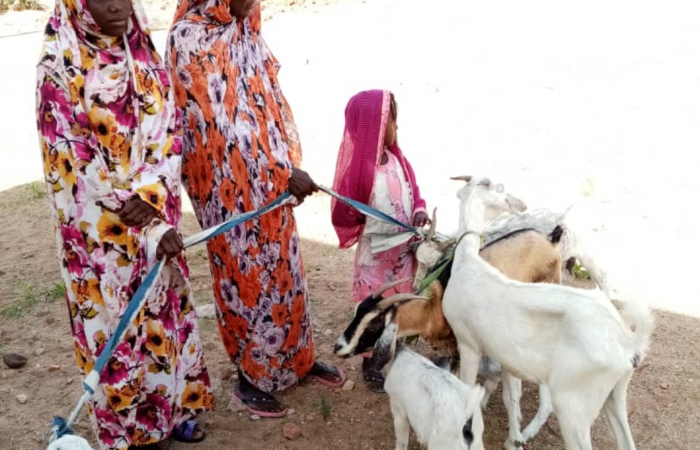
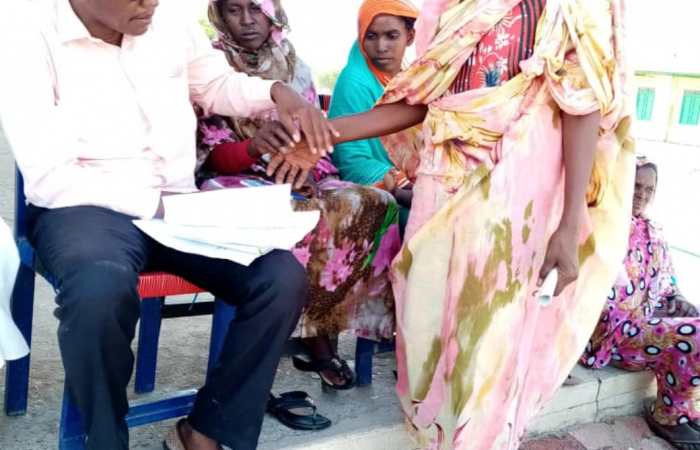
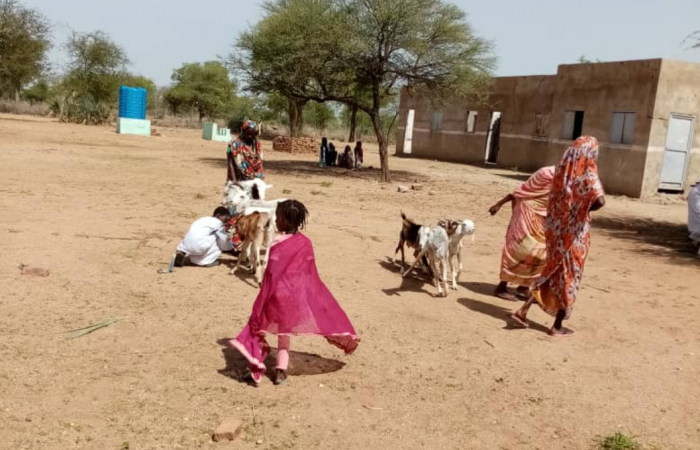
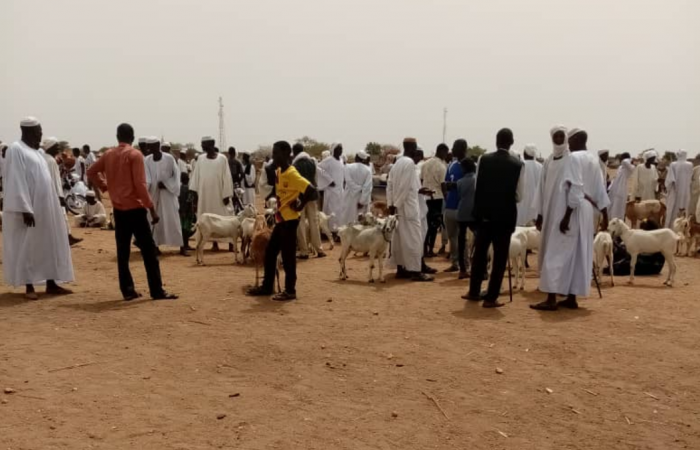
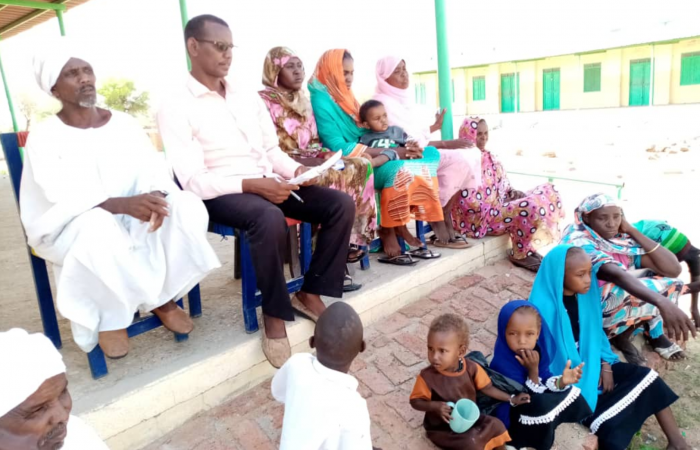
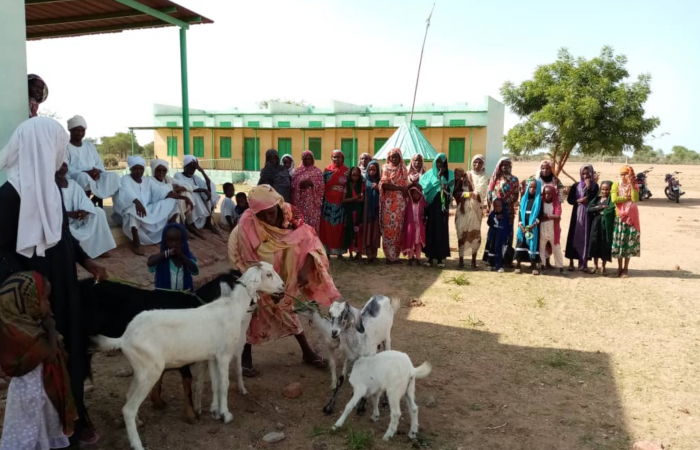
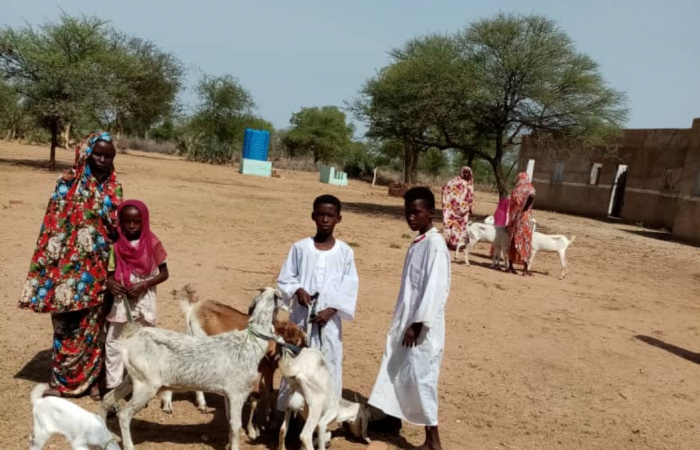
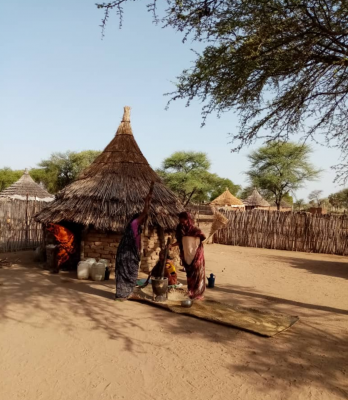
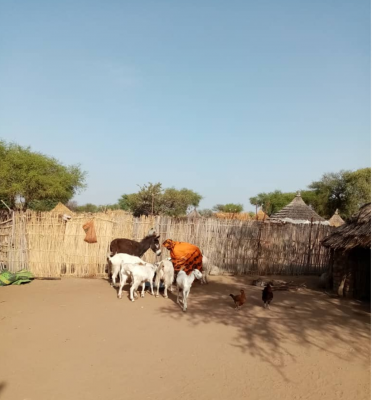
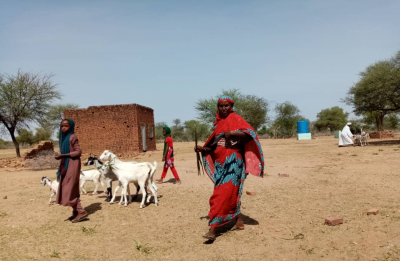
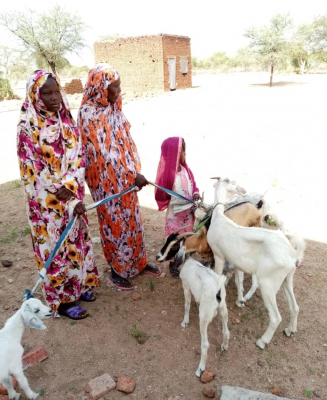
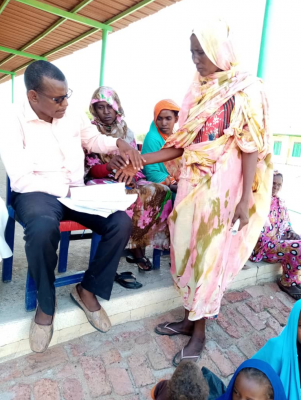
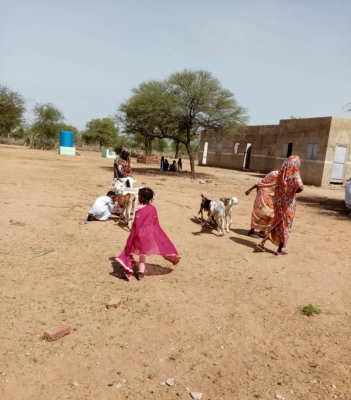
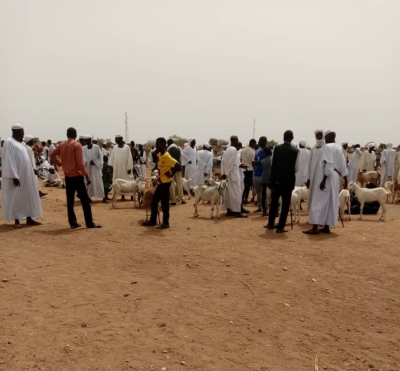
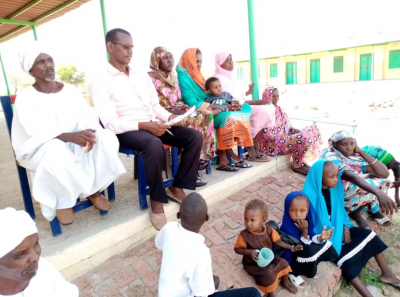
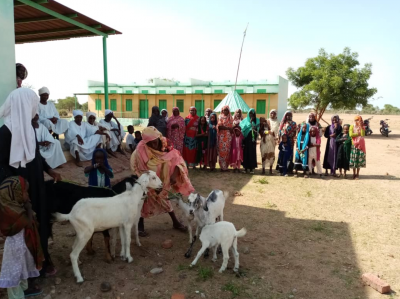
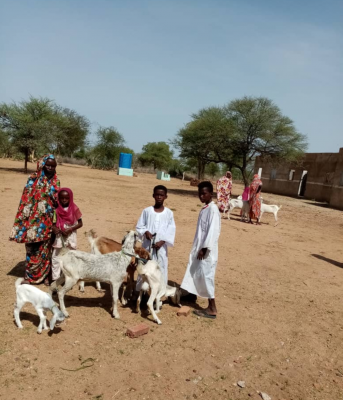
The project capitalized on the collective experience, interest, and resources of individual aspiring village women entrepreneurs to work together to produce organic foods (grains, oil, and meat).
120 women decided to put together their individual land resources (600 feddans) and loans and work on a single project. The project has three phases. It starts with crop production, then oil extraction, end ends with fattening and selling goats and cattle for meat production.
The project three phases are:
1) Planting crops in June of 600 feddans with Sorghum, millet, groundnuts.
The requested loan for each woman is $451.
In the interest of time, this phase will be deferred to 2021. For this year, women will use their meager resources to grow crops this season for their sustenance and cash. They will collect crop residues for use as feeds for phase 3.
2) Shelling and oil pressing: this required buying machines and building structures.
The loan requested by each woman is $325 (total group request is $39K) Money will be returned in 2 years. Starting date: Sept-October 2020. Oil cakes (Umbaz) and hulls will be used as feed for fattening livestock in phase 3.
3) fattening goats and cattle for organic meat production.
Amount requested by each woman is $75 (group total is $9 k). The loan will be returned in 8-12 months. Starting date is November 2020.
Technology and training:
Crop production, oil extraction, livestock production, and health expertise would be provided for the project by SNG experts. Business management, accounting, and marketing training would also be provided.
Labor:
In addition to the 120 women entrepreneurs, the project would employ 360 women and 120 school children to help. School children would help their mothers with individual book keeping. In addition, the project would hire two accountants and 2 social workers. A few men (~15) would be hired for driving tractors, transporting goods, tending cattle, and operating machinery.
Scalability:
There are 175 villages in Kopom, the administrative unit in Southern Darfur to which the pilot village belongs:
Umlabsa 67 villages.
Lopan: 63 villages.
Merkad: 45.
We expect that the following would likely happen the next year once the project succeeds:
1) 360 participants in the pilot village would participate.
2) in each of the 174 villages we expect at least 200 women village would express interest in getting microfinance. That makes 34,500 women.
3) year 3 we expect the number of interfered women to double to 70,000 in these villages and surrounding villages of Id Alfursan.
Show of goodwill to widows and orphans in the village:
The village has 33 widows who are extremely poor. The average number of children per family is 5. The lowest poverty level is judged by the inability of s family to possess 3-4 goats to feed milk to their children.
While we are waiting for a micro-lending decision for the Darfur MVP for women entrepreneurs, we decided to collect donations to buy goats for the poor widows and children.
We sent $5100 dollars which should be enough for buying three goats for each of the 33 widows.
The photos provided show members of a local committee buying the first batch of goats for distribution to the widows and their children. This gesture would help show our support to women in the village, and build trust.
National Priorities
2- Stabilize the Economy
SDG Goals
1- No Poverty, 2- Zero Hunger, 8- Decent Work and Economic Growth
Project Type
Development, Humanitarian, Investment
Status
High Impact, Microlending
Entity Type
Private
Stage
Ready for Funding
Timeline
2020